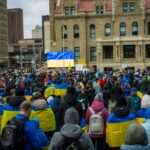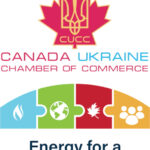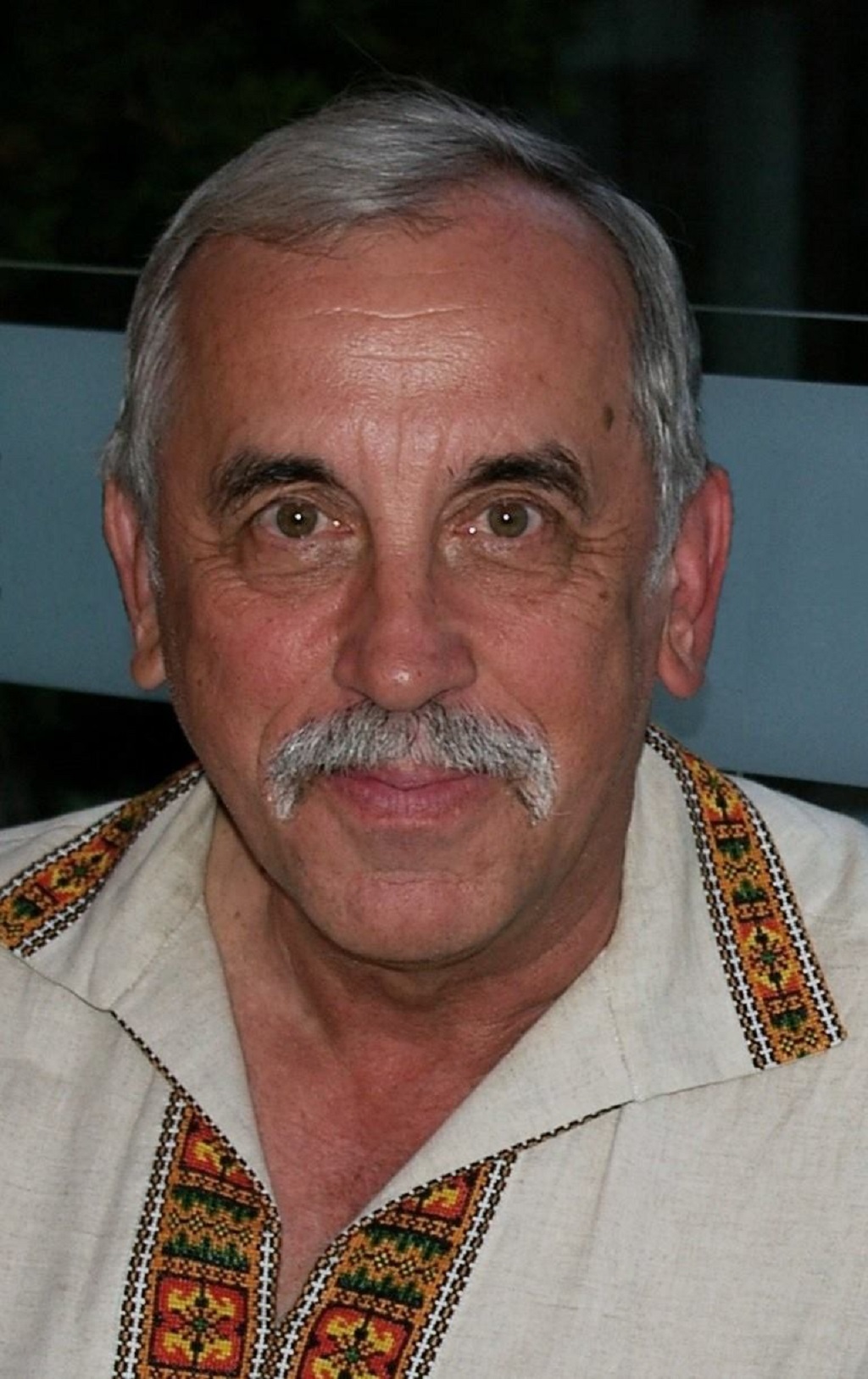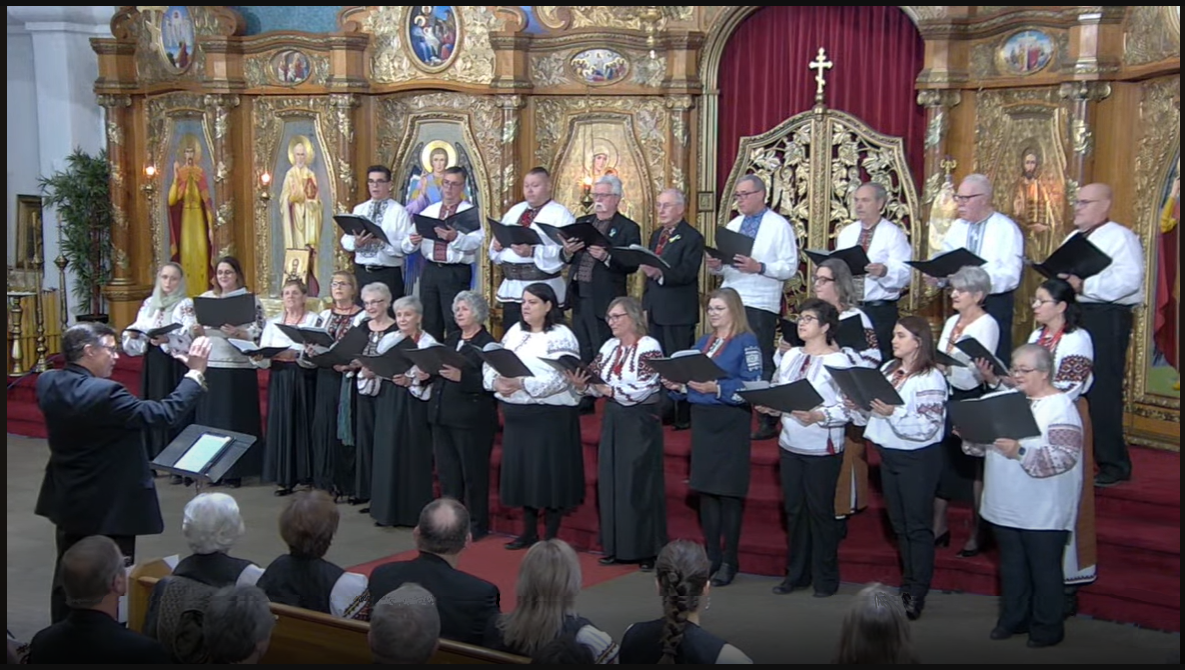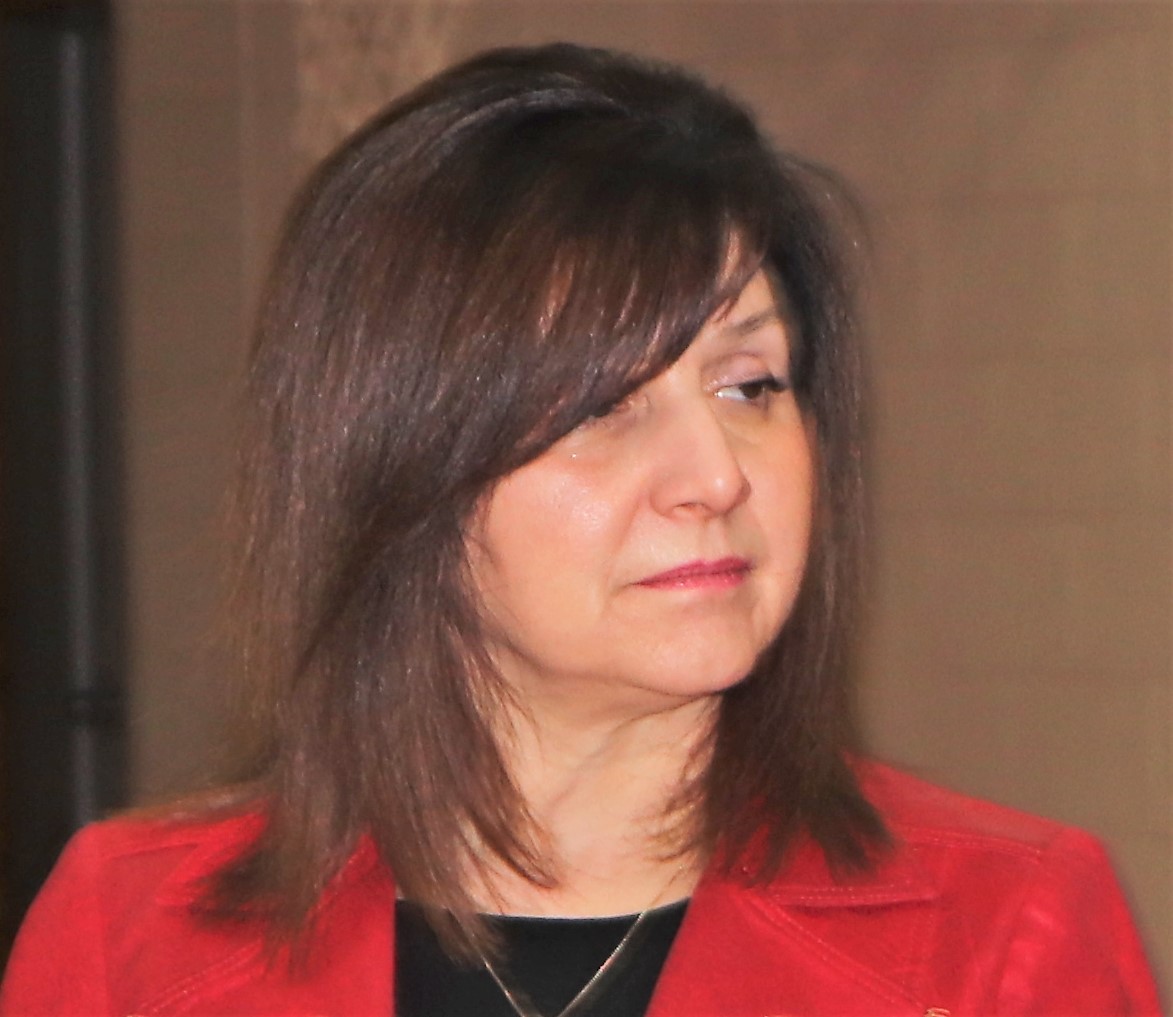If you are Ukrainian, March is Shevchenko month. Ever since I was a little tyke, I can remember that most of the month was dedicated to remembering, celebrating, grieving and honouring the most well-known son that the beleaguered country of Ukraine has ever produced. He was a hero, a legend, a larger-than-life figure that became the focal point for the re-awakening of the national spirit that would eventually lead to Ukraine gaining its independence after almost eight centuries of subjugation and oppression by her rapacious neighbours.
From a comparative historical point of view, he would rank up there with Spartacus, George Washington, Simon Bolivar, Garibaldi, Ataturk and other prominent leaders that were the driving force of liberation movements throughout the ages. And yet, he was unique in that, unlike these other names mentioned, he was not a military or political leader, but a poet. He bore no arms, shed no blood, fought no battles or wars and led no armies. What he did was write poems, powerful poems. Poems that stirred the emotions, poems that nurtured hopes and dreams, poems that reawakened a nation’s pride and spurred Ukrainians to reclaim their long-suppressed freedom and independence.
He did all this under the most incredibly repressive and difficult circumstances. He was born into serfdom in 1814, orphaned at the age of eleven and suffered harsh treatment in servitude under his feudal owner. At the age of fourteen, he was forced to accompany his master first to Vilnius and then St. Petersburg. During this time, he discovered that he had a talent for both writing and painting, and he strove to learn and develop these pursuits as much as he could. He also became exposed to a nascent nationalist movement among the Ukrainian intelligentsia then residing in St. Petersburg, which was to become a driving force for his creativity.
His artistic talents, encouraged by sympathetic patrons in St. Petersburg, enabled him to buy his freedom out of serfdom in 1838. He was able to visit Ukraine in subsequent years where he made contact with some of the leading Ukrainian intellectuals of that era, particularly those associated with the revolutionary movement known as the Brotherhood of St. Cyril and Methodius. His poems became more stridently critical of the Tsarist regime, and it was not long before he was arrested and sentenced to penal servitude in Siberia in 1847. He spent ten brutal years out there before being amnestied by a new emperor. He returned to St. Petersburg, and was able to visit Ukraine briefly after that, but his health had been ruined by the harsh conditions of his exile, and he died in 1861 in St. Petersburg at the age of 47.
Throughout all these difficult years, Shevchenko continued to paint and to write, and he left behind a considerable body of work which has become well known not only in Ukraine but throughout the world in translation to numerous languages. He is regarded as the founder and cornerstone of modern Ukrainian literature, though he is probably best known as a kind of living symbol of Ukrainians’ national aspirations and struggles for freedom from those that have subjugated them for much of their history.
The primary reason for this is that is that Ukrainian culture has a very strong oral tradition. Because the use of the Ukrainian language was strongly discouraged by occupying regimes, and publishing in it banned outright, the majority of the typically illiterate population kept their history, traditions and culture alive through oral forms – poetry, songs and epic tales and stories recited from memory and passed on from person to person, and generation to generation. Ukrainian bards called “kobzars” were numerous and travelled throughout the land reminding the down-trodden populace of their heritage and past glories. Shevchenko’s works became a cornerstone of their repertoire in the nineteenth and twentieth centuries.
Shevchenko’s words became a potent weapon in Ukraine’s liberation struggles, strongly motivating generations of Ukrainians to fight for their freedom and regain their rightful independent nation status.
The old adage of the “pen being mightier than the sword” is particularly true in the case of Shevchenko. History records many examples of the power and ability of words to bring down tyrants and empires. Marx and Lenin’s words ended Tsarist rule in Russia. Gandhi’s words brought down British rule in India. John Paul II’s words helped expel Communist rule from Poland and bring down the Iron Curtain. Martin Luther’s words helped bring an end to a corrupt Vatican state. Many centuries later his namesake Martin Luther King Jr.’s words were the motivating force that finally brought basic civil rights to the black population of
the U.S.
It is within this context that we can best understand Shevchenko’s influence on modern Ukrainian history. His words perfectly embody the essence of the Ukrainian soul and its seemingly perpetual struggle for freedom and dignity. There is no better way to learn what it means to be Ukrainian than by reading Shevchenko.
Share on Social Media




